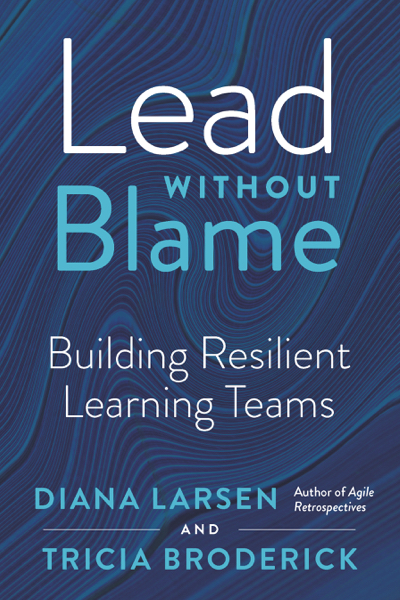Recently, I was meeting with someone that had been interviewing internally for a senior leadership position within her company. She wanted to talk with me about a specific piece of feedback that she had received.
“You need to say ‘I’ more. You say ‘we’ too much. We need to know you can lead.”
Ok. My immediate reaction was simply disgust. Is this really what they consider leadership – leaders that make it all about them? Yet, I’m challenging myself to consider what was the positive good intent. What could have been underneath this poorly worded feedback that is valuable. I will admit this was not an easy challenge, but I did finally get something.
What if…
-
- This feedback was really centered on confidence from this individual. Maybe she is presenting not just in a team spirit but in a lack of confidence in her role/part in the team results. In order to be a leader, people have to be willing to follow. If you demonstrate a complete (or significant) lack of confidence, you won’t be able to lead as successfully.
- This feedback was really centered on wanting to hear more about your leadership strategy and not the team results. For example, there were times I influenced the environment very intentional to build a feedback culture. They did the work to achieve the feedback culture, but I had a big part in helping open that door. Maybe she is not highlighting her proactive skills in helping the team versus focusing solely on her supportive skills.
Then again, this feedback could be simply someone that doesn’t understand leadership is not always directing – that a great leader is not the hub of the team. Hopefully not! I want to believe the feedback was just poorly worded.
What other positive reasons could be behind this feedback?





I get similar feedback from trusted mentors when practicing for interviews. So I’ve learned to think like this: The interviewers are hiring *one* person, not the candidate’s team. To hire the one person, the hiring panel needs to understand the individual. Perhaps an additional way to think of it is for the candidate to answer how she creates the circumstances, culture, mindset, or skills to allow the team and the individuals to work at their best.
Nice perspective. Thanks!